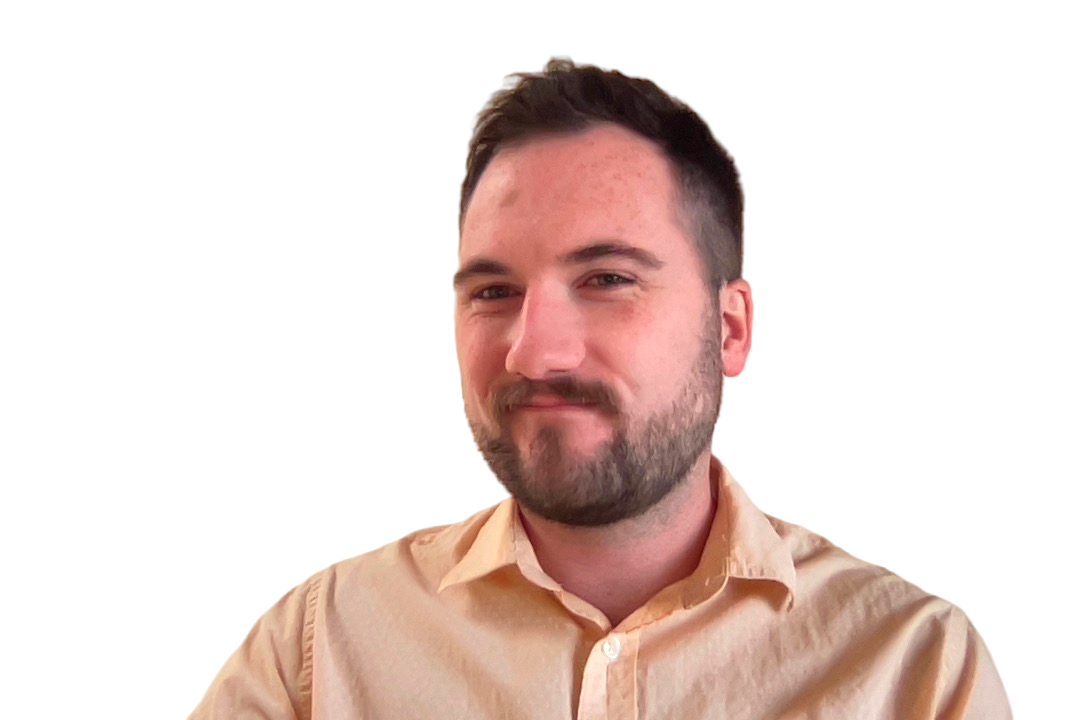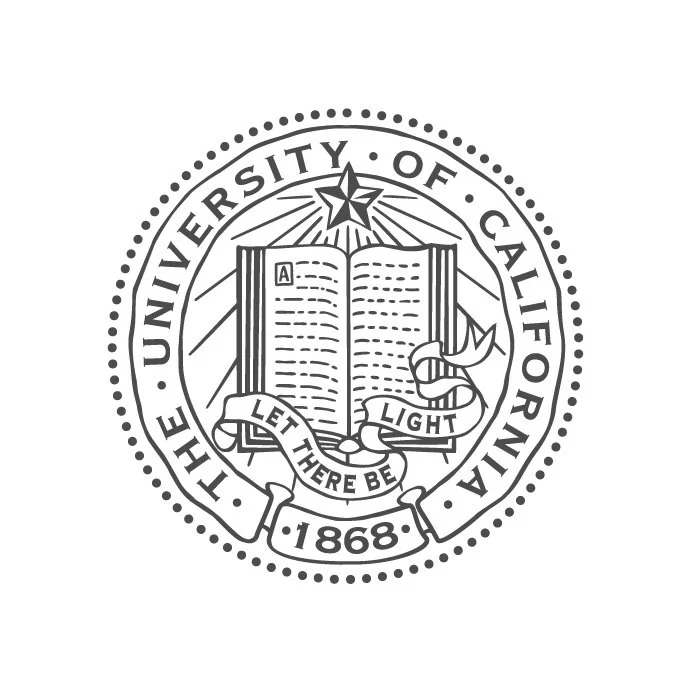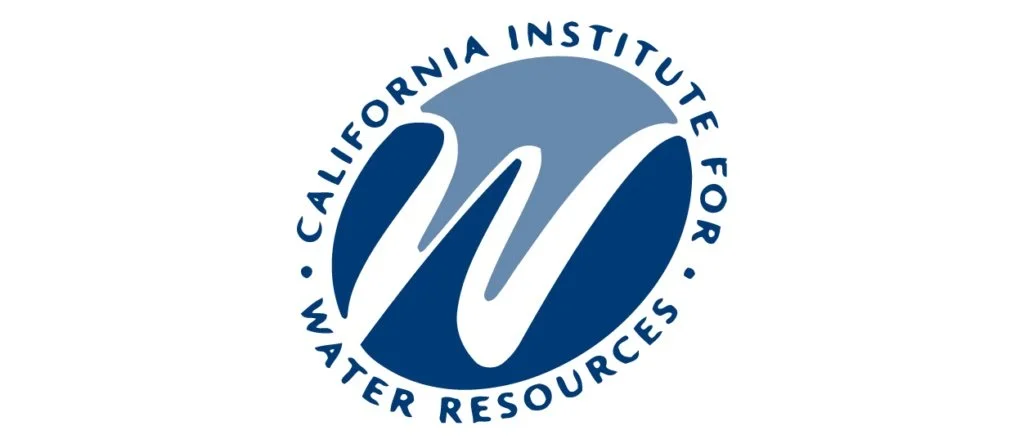A political economist for the bioeconomy
Water | Land-Use | Institutions
About me
My name is Nate Barton (M.P.P., M.S., M.A.).
As a PhD candidate in the Political Science department at the University of California at Riverside (UCR), I specialize in the comparative political economy of land-use, the bioeconomy, and theories of institutional change.
My work employs comparative historical analysis, historical institutionalism, and mixed methods using spatial data to examine how resource-governing institutions co-evolve with economic and environmental pressures.
-
Researcher, California Institute of Water Resources (UC ANR), 2025-present
Teaching and Research Assistant, University of California at Riverside, 2022-present
NSF Fellow, SPEAKS Graduate Student Research Traineeship, funded by the National Science Foundation
Graduate-Student Researcher (GSR), Labor and Automation in California Agriculture (LACA) multi-campus research program initiative, funded by the UC Office of the President
Associate Instructor, Politics and Economic Policy (POSC 182F)
Teaching Assistant (4 appointments)
Climate Corps Fellow, Santa Monica College’s Sustainability Center, 2022
Adjunct Professor (5 appointments), Pepperdine University, 2018, 2021-2024
Adjunct Professor (2 appointments), Lipscomb University, 2019-2021
—
Selected non-academic work:
Creative Director, Kibo Group International (Jinja, Uganda)
Creative Director, Pepperdine Graphic Media (Malibu, California)
Intern and reporter, Today’s Zaman Newspaper (Istanbul, Turkey)
-
Ph.D (in progress), Political Science, University of California at Riverside
Expected completion: 2028
M.A., Political Science, University of California at Riverside, 2024
M.S., Sustainability, Lipscomb Institute of Sustainable Practice, 2021
M.P.P., Public Policy, Pepperdine School of Public Policy, 2018
-
The bioeconomy takes seriously the role of biological processes in driving economic activity. It is the part of the economy that is sustained by photosynthesis, fermentation, metabolism, and microbes — emphasizing circularity rather than the linear use of a finite supply of fossil fuels. Before the industrial revolution, nearly the entire economy was the bioeconomy, and contemporary scholars argue that a renewed reliance on the bioeconomy is key to aligning environmental goals with industrial and agricultural realities.
-
I am based in Riverside, California with my spouse, Falon, and my son, Soren.
I lived in Uganda for nearly a decade
I’ve visited more than 30 countries, including a semester in Vienna and summers in Buenos Aires and Istanbul.
I once rode my bike from San Francisco to Los Angeles.
I own eight instruments and play Bluegrass
I previously worked as a professional designer and photographer.
My work has been funded by …







